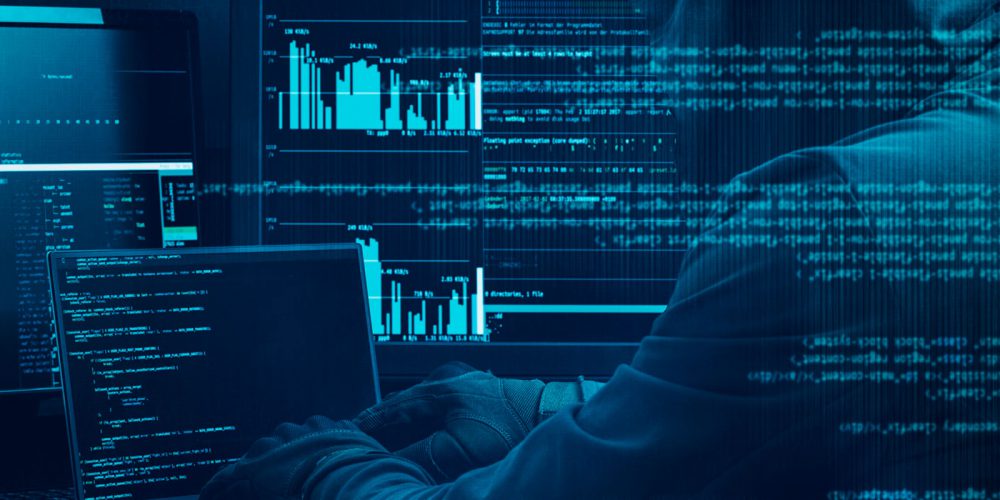The common meaning of “Cyber Law” refers to a comprehensive set of rules governing digital world interactions between Internet users, in order to protect pivotal rights such as individual personality, property, the confidentiality of communications, personal data, copyright.
Cyberlaw might also be related to laws, or a specific law, that regulates behavior in cyberspace. According to this declination, cyberlaw operates in order to prevent computer offenses or other illicit activities. Such definition highlights the concept of the Internet as a “risk factor” for individuals, companies, and institutions.
Reflecting on this taxonomy, BILL divided Cyberlaw Lab into three main areas of expertise.
The first area deals with proper cybersecurity, which has become an essential driver for modern society, as well as cyberattacks has experienced an exponential growth over last years.
Our research topics focus on the “cause-effect relationship” between cybercrime and digital transformation, considering cybersecurity as a “social” response to the increasing threats coming from web communications. In this context, corporate compliance becomes a fundamental basis to ensure a high level of security.
The area of “Big Data, AI & Machine learning” investigates the complex intersections between law and algorithms. Artificial intelligence has raised several questions about automated data processing, the imputation of decision-making, liability for damage, data governance. Regulating this matter requires a very careful approach, pursuing a fair balance between automation of social processes and guarantee of individual rights.
Lastly, the area of “Legal tech & Digital Ethics” covers the issues related to innovation for legal professionals, investigating the relationship between ethics, law, and implementation of new technologies.


